Label Focus – Gearbox Records
Jazz genius from the
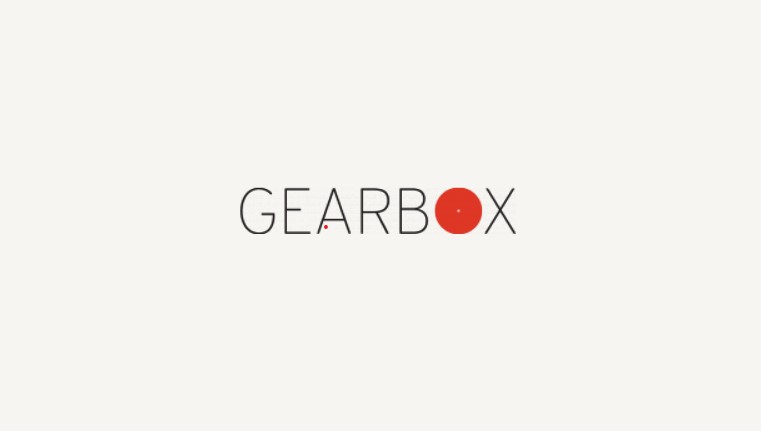
WHAT’S THE NAME OF YOUR LABEL, AND WHO RUNS IT?
Gearbox Records and it is run by me, Darrel Sheinman.
WHEN & WHY DID THE LABEL START?
I was at an N.E.R.D concert at IndigO2 and my friend was recording it for the then AOL Sessions. I felt there was not enough live music of this calibre out on vinyl, so started to explore the British Library archives for live recording not released yet. We eventually hit upon a rich seam of British Jazz from the 1960s, largely BBC broadcasts, Joe Harriot and Michael Garrick recordings. We then did a trial release of a rock track on 7″ produced by Robin Miller. This turned our well, so I then put out a Tubby Hayes Big Band recording from BBC Jazz for Moderns. This was back in 2009.
GIVE US A BRIEF SUMMARY OF WHAT YOU’VE RELEASED SINCE THEN….
We continued to release Joe Harriot from BBC Jazz for Moderns, a Michael Garrick recording from the Marquee, the Jazz Couriers live at Morcambe, some Don Rendell and other landmark British jazz recordings. They were all released in small numbers on vinyl only and each drop sold out. As time went on, we got a name for doing high quality releases, so content started to be offered to us, including Ronnie Scott with Alan Skidmore, Dave Green, more Tubby and Garrick. I then built our own bespoke mastering facility in Tileyard where we were also able to connect to Mark Ronson’s live room and do direct to disk cuts.
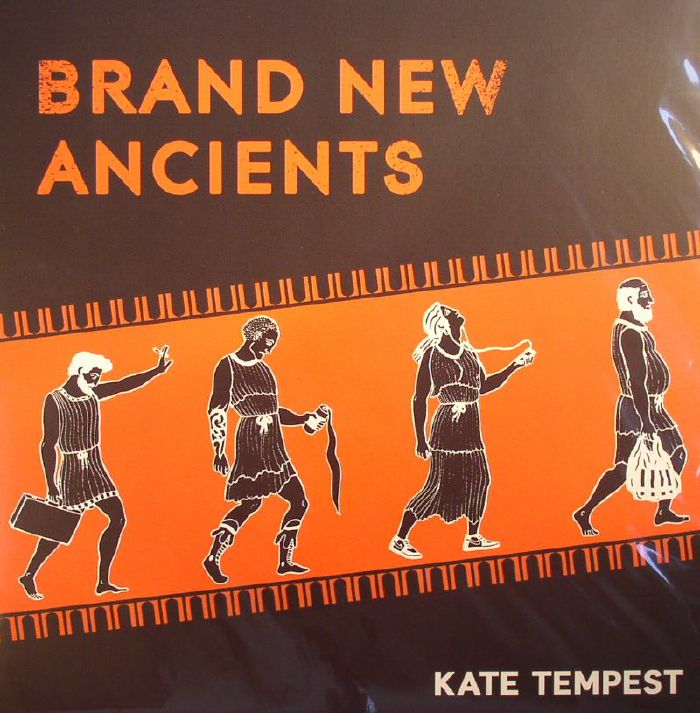
This took the label out of a hobby into a professional label, and in 2012 was joined by Adam Sieff, ex-director of jazz at Sony. He guided me through the minefield of the music industry and we signed our first frontline act, Binker and Moses from Tomorrow’s Warriors. They continue to be stalwarts of the label with some five releases to date, and off the back off this, we helped build what is known as the “London Jazz scene”. B&M were swiftly followed by Kate Tempest’s debut record and some rather eclectic avant-garde rock poetry with Micheal Horovitz alongside Damon Albarn, Paul Weller and Graham Coxon.
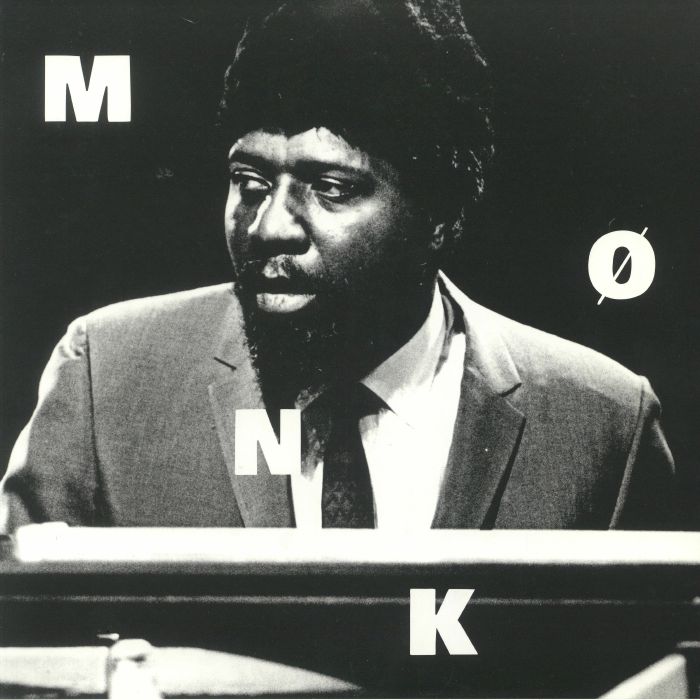
We also started putting out US jazz giants’ previously unreleased work, such as Monk, Don Cherry, Dexter Gordon and Buddy Rich. This opened the door for some US front line signings too, including Butcher Brown, Dwight Trible, The Cookers and some Americana folk, including Applewood Road, a sensational all female trio who only put together one stellar album recorded in Nashville. We have now even done two albums with a third in the pipeline with the living legend Abdullah Ibrahim.
WHAT QUALITIES ARE YOU LOOKING FOR IN THE MUSIC YOU RELEASE?
It must be good musically first and then assessed for commercial success second.
WHAT KIND OF VISUAL IDENTITY DOES THE LABEL HAVE (ARTWORK, VIDEOS ETC) ?
We were initially vinyl only and known for audiophile quality. This tenet still exists at our core, although we now release on CD and streaming as well. Visually, we go with the music style rather than our own identity per se, but regarding label artwork, our logo incorporates a stylised image of a vinyl record. I really want us to be known for offering everything from recording to playback and supplying the tolls and products required to make that journey, hence our groundbreaking turntable, high quality vinyl and full music production facility. Like an old school record company.
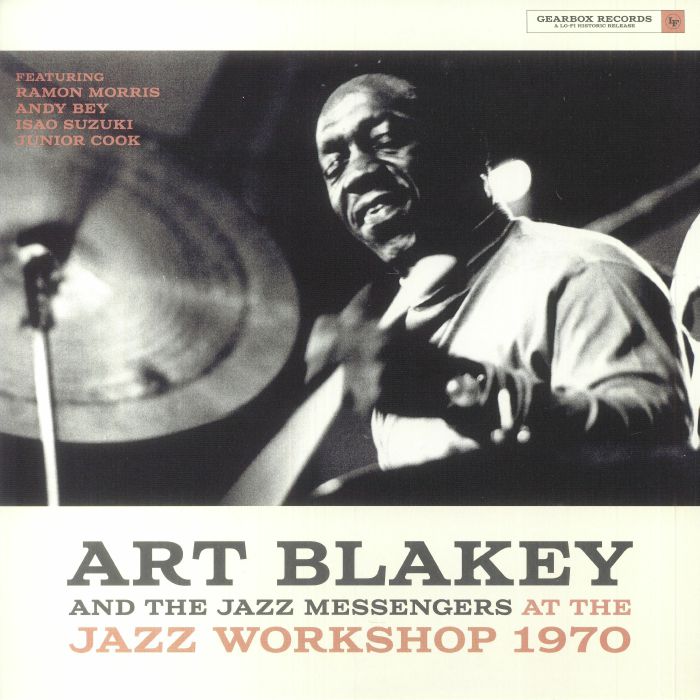
WHAT’S BEEN YOUR BIGGEST SELLING RELEASE TO DATE?
It depends on which format, but Abdullah Ibrahim’s Solotude is up there.
TELL US A BIT ABOUT IT AND WHY YOU THINK IT WAS SO POPULAR. We recorded this in lock down with no audience at Hirzinger hall near where Abdullah lives on the German/Austrian border. The acoustics are great and we managed to get an out of work due to COVID Netflix DOP to film and record this. The video is stunning and the music spellbinding and deep. It hit a certain zeitgeist and represents the pandemic and pole’s feelings at that time. Reflective and thoughtful, it is a masterpiece.
NAME ONE RELEASE THAT YOU THINK DESERVED TO GET MORE ATTENTION THAN IT DID?
There are many unfortunately. I always feel Dwight Trible‘s releases do not get the attention they deserve. Great singer and composer, he unfortunately does not tour his work, he rather supports other large groups by being choir master…for example his old buddy Kamasi Washington, or is brought in to session as lead for example for Gary Bartz when Gilles Peterson asked me to bring him along to headline with Gary for the inaugural We Out Here Festival.
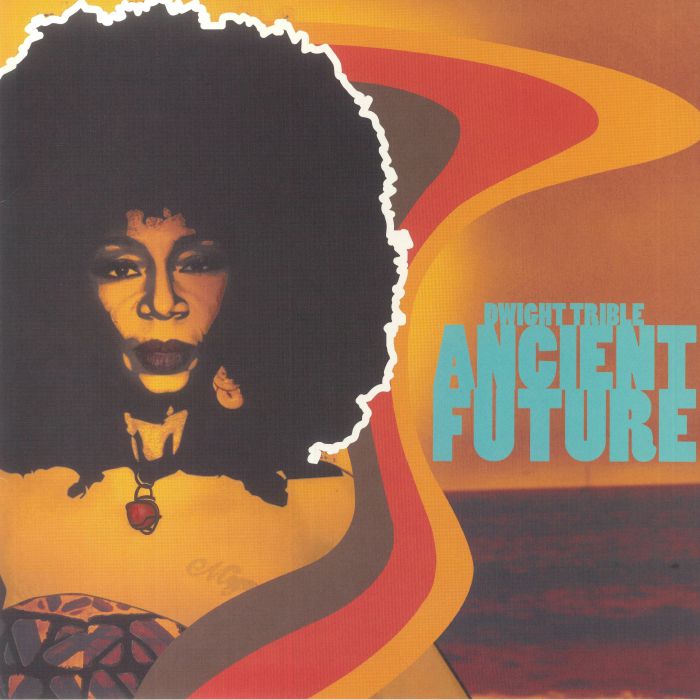
The read from the audience was “who is this amazing singer we have not heard of”, yet Dwight was instrumental in Kamasi’s. Georgia Muldrow’s and even Tarrace Martin and Flying Lotus’ careers who were all were regulars at his World Stage in LA.. We just recorded an incredible album last April at Sunset Sound with Andrew Gouche (Prince), John Beasley (Miles Davis), GE Stinson (Shadowfax), Greg Paul (Katalyst), featuring Kamasi Washington, Georgia Muldrow and some amazing African drummers. But it has gone under the radar, yet is quite possibly the best record we have ever released.
IF YOU COULD SIGN ANY ARTIST, ALIVE OR DEAD, WHO WOULD YOU CHOOSE AND WHY?
George Duke in his 1970s period. This was the funkiest high energy fusion I have ever heard. We have access to a previously unreleased live set which I am getting busy trying to get the rights to, but it is proving difficult. Watch this space! My favourite artists thought are David Bowie and also Sakamoto. I would love to have worked with these guys…but who wouldn’t?
WHICH OTHER LABELS DO YOU ADMIRE AND WHY?
Of course, all the big US historic labels such as Blue Note, which was the reason I started a vinyl led label, and Motown for all of the unbelievable hits. I also think Martin Mills has done an amazing job with his Beggars Group, in particular the XL sub label. The early days of Brownswood and Talking Loud represented the acid jazz scene, which I think was important in bringing jazz back into focus. But most importantly, Domino Records has been an inspiration to me. They have done an amazing job on A&R and battling through thick and thin to become a significant force in indie rock and one of the world’s most important independent labels.
WHAT CAN WE LOOK TO FROM YOUR LABEL NEXT?
We are trying to grow faster. Buying interesting back catalogue which we can develop using our wonderful production facility will create income streams to help fund our frontline and developing artist strategy, an area somewhat ignored by the major labels now. But it requires capital, continued good A&R as well as building on our already incredible staff. Everything we do has to be the best we can do. This spirit will continue.
Ben Willmott